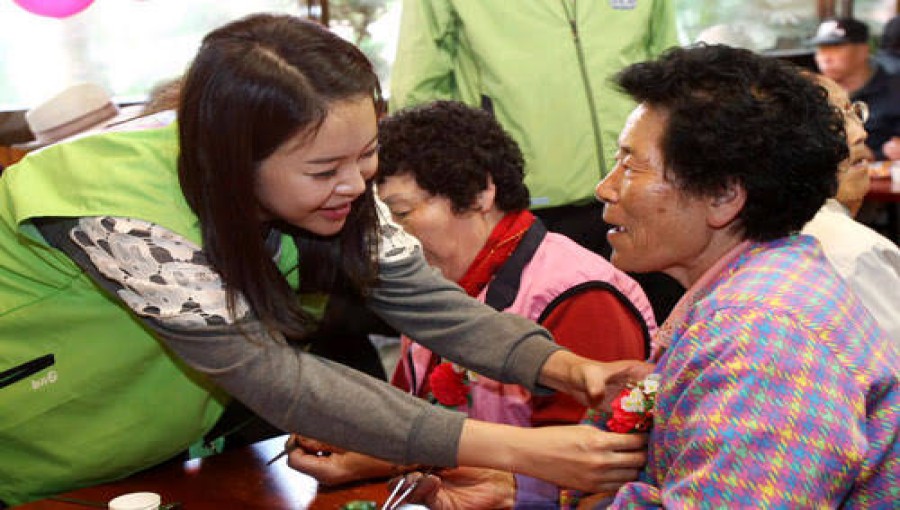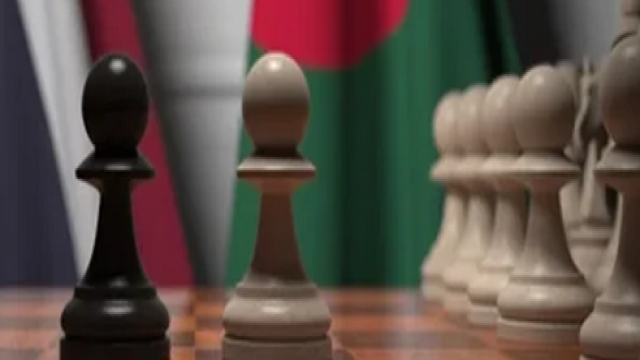In South Korea, Parents' Day holds deep cultural significance, intertwining traditions from Western Christianity and Confucianism to create a cherished holiday.
Parents' Day traces its roots back to the 1930s when certain Christian communities began observing Mother's Day or Parents' Day. This practice merged with Korea's traditional Confucian culture, eventually leading to the establishment of Mother's Day. In 1956, the State Council of South Korea officially recognized May 8 as Mother's Day. However, discussions arose regarding the inclusion of Father's Day.
On March 30, 1973, Presidential Decree 6615, or the Regulations Concerning Various Holidays, formalized May 8 as Parents' Day in South Korea. This decision marked the culmination of efforts to honor both maternal and paternal figures. Public and private celebrations ensued, emphasizing gratitude towards parents.
Parents' Day celebrations in South Korea are marked by various family events, with a focus on honoring parents. One popular tradition involves gifting parents carnations, symbolizing love and appreciation. The practice of wearing carnations and designating Parents' Day draws from Western religious customs and Confucian ideals, blending into a unique cultural holiday.
The Ministry of Health and Welfare spearheads public events, including ceremonies and awards, to commemorate Parents' Day. These initiatives underscore the government's acknowledgment of the pivotal role parents play in society.
Initially, Parents' Day encompassed a week dedicated to respecting the elderly, with the 8th day serving as the focal point. However, in 1997, this practice was discontinued, with October designated as the month for honoring the elderly.
Parents' Day in South Korea reflects a harmonious blend of religious, cultural, and traditional influences. From its humble beginnings to its official recognition, the holiday serves as a testament to the enduring importance of parental love and devotion in Korean society.































Comment: